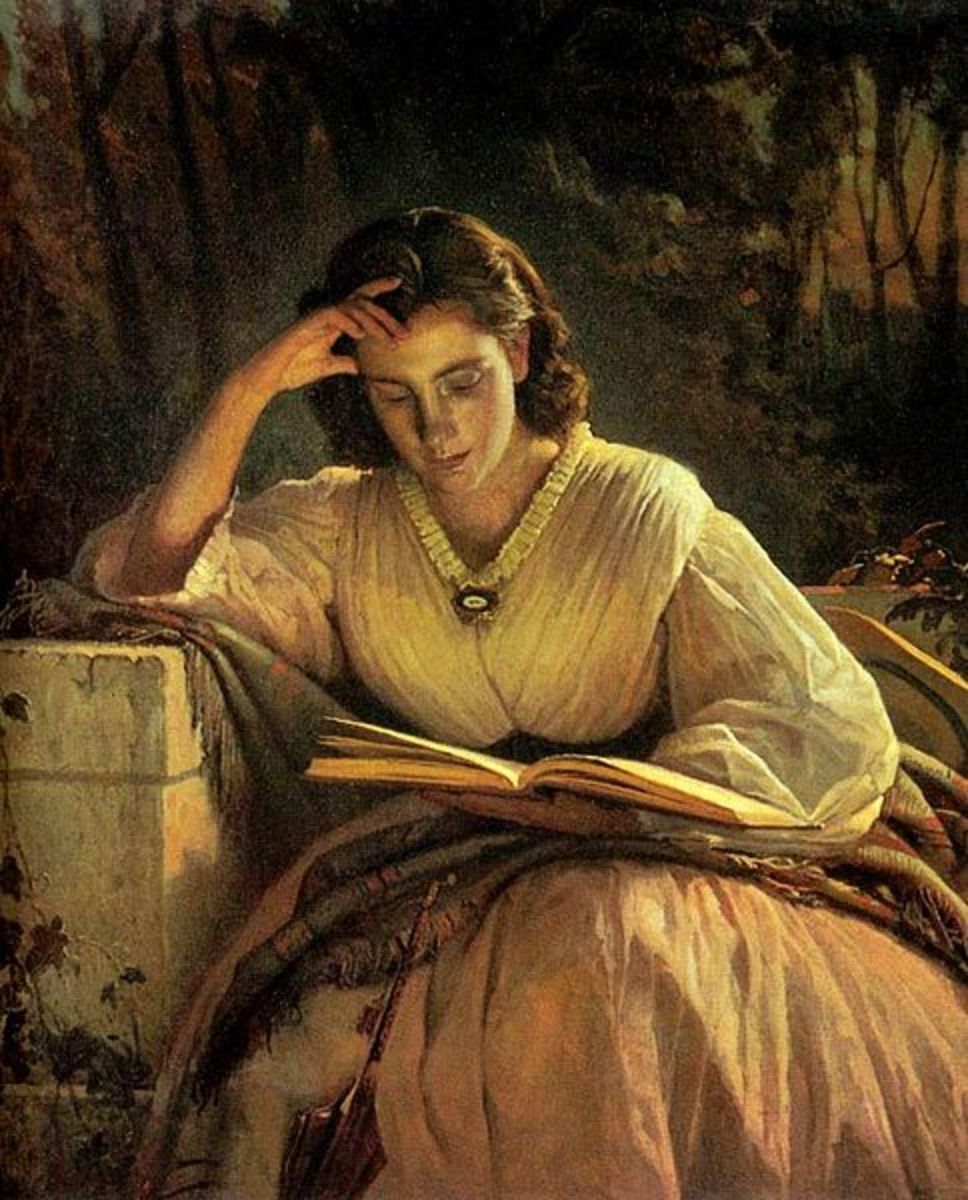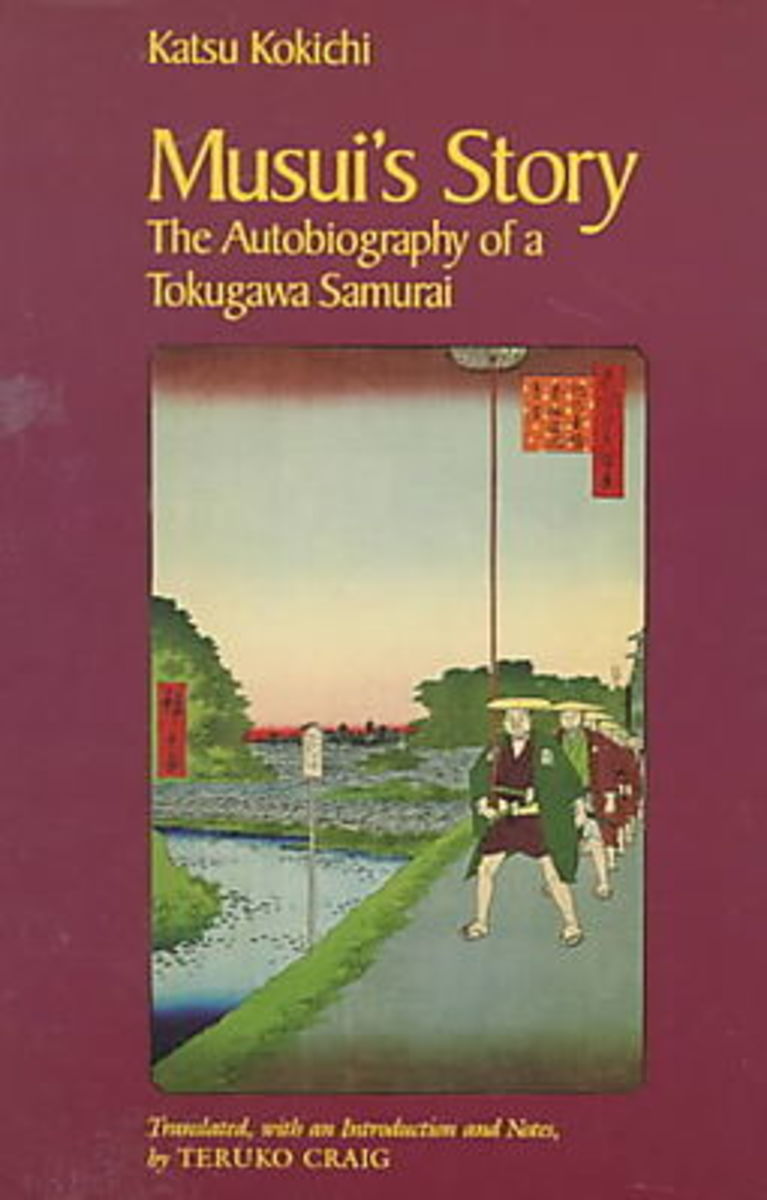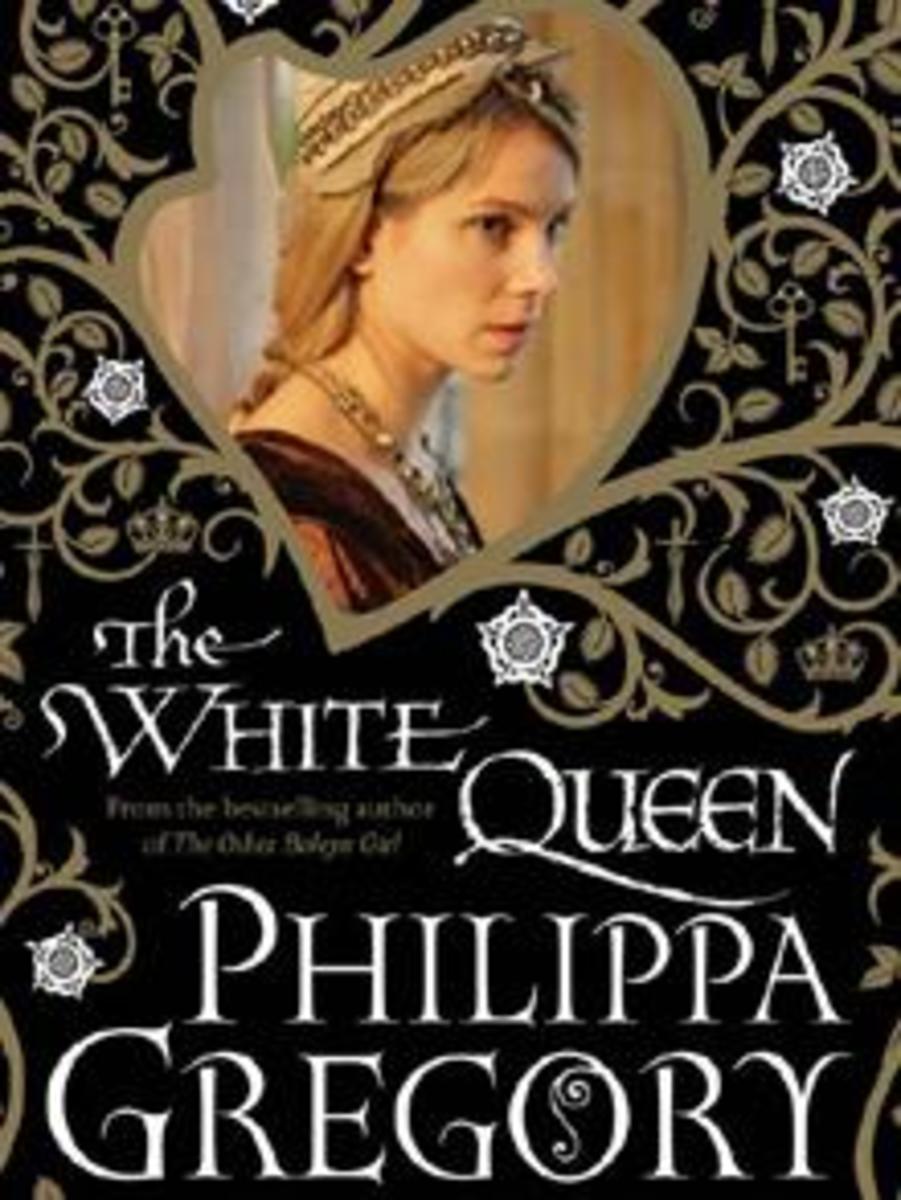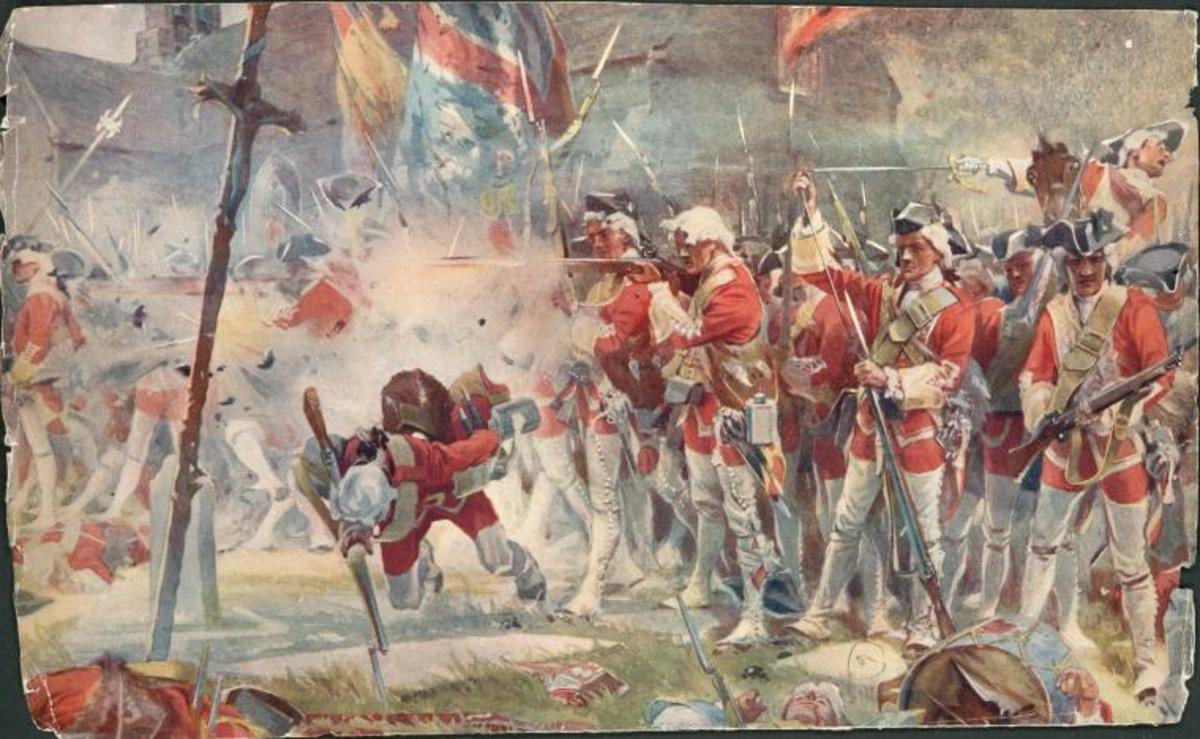Historical Fiction Mistakes
I occasionally enjoy reading a good novel based on the old days but nothing pulls me out of the story faster than to see glaring mistakes. Young/new writers would do well to read books written during that time and educate themselves on proper behavior and speech.
Historical fiction has to be based on fact. We realize it is a made up story that didn’t really happen but it has to be plausible. It didn’t happen but it could have somewhere.
Some of the best historical fiction writers have a degree in history or at least educate themselves on the period they are writing.
Bathing
During Victorian times people believed that bathing too much, especially in the cold season, was bad for their health. Due to this odd idea it was common to only bathe about once a month. As you can imagine people didn't smell too pleasant since deodorant hadn't been invented yet. This was also why women carried around tussy mussies or tiny bouquets of flowers to sniff occasionally. It helped mask their own aroma as well as the over whelming stench of those around them.
I often read novels based during this time where the characters are bathing almost daily.
Height
It amazes me how many novelists write about heroes in the 1800's that are six feet tall or more. Visit Europe and tour some of the old structures from that time and you will soon realize that people were really short.
People joke about how short Napoleon was but he was actually average height for that period. Most men were only about 5'6" tall by American measurements. For a man to be six foot tall he would have been considered a giant.
Look at clothing in museums to get an idea of how small humans were in the 1800's or even 1900s. If you are going to write about an era educate yourself of every detail before starting your story.
Wrong use of curse words.
Over the years swearing has evolved and changed. What was horrible in the 1930’s is no longer a big deal. Remember Gone With The Wind? The famous line, “Frankly my dear, I don’t give a damn.” That one line is iconic of that film and everyone knows it but it was almost eliminated because during that time the word “damn” was really, really bad, as bad as the “F” word is in certain circles today.
When you read a book that is supposed to be from that era and they use the “F” word it doesn’t work because people didn’t speak that way back then. Prior to the 1960’s you never even heard of the word. There are a few variations of the word in old languages and some (including the unreliable Wikipedia) like to think it was around prior to that time but ask any older person and they will assure it was not.
In the early eras to “put a pox” on a person was one of the worst curses you could possibly make do to sickness being a huge fear. Doctors were few, far between and very expensive. They also weren’t very good using bleeding and leaches to cure people. Many also feared curses and were very superstitious.
The best thing to do if you are going to write historical fiction is to read as many books as you can get your hands on that were written during that era and familiarize yourself with the language and way of speaking. Be true to your art.

Women didn’t shake hands and especially not with men.
Even today it isn’t considered proper for a man to extend his hand first unless a woman initiates the handshake. In history, women did not shake hands with each other and certainly not with men.
If a man met a woman he would either bow or kiss the back of her hand.
Contractions weren’t invented yet.
Don’t, can’t, aren’t and wouldn’t are all recent inventions. As you may have noticed every decade new words are invented and the way we say things changes; contractions are a product of that. In the 1900’s and prior to that people didn’t use them. The only one I do know of is shant and it wasn’t written as a contraction. It’s difficult to find it in modern dictionaries but it means the same thing as can’t, basically “should not.” You’ll find it in Mother Goose Rhymes; which are very old.
Women weren’t allowed to own property.
If a woman’s husband or father died the land, house and business went to her closest male relative, not the wife. Do your research and learn when laws were changed (it’s different in every country) and what was proper behavior, not how you wish things were or how you think the world should have been. You are writing historical fiction, not science fiction.
Women were not as outspoken as they are today.
Use proper voice and language. A young lady wouldn’t be feisty, rude and obnoxious in the old days. People didn’t put up with that business, male or female. Women couldn’t speak out the way they do in America today. Writing a story like that just makes you look like an amateur. If you don’t like it stick to a modern day novel where your heroine can take names and kick butt, still pretty unlikely but more believable.
Don’t get me wrong, there were women with fortitude but it was done more subtly than it is today. Many of Jane Austen’s characters were considered outspoken or bold for that time but to most young women today they would appear mild.
One word that has greatly changed in definition is "slut;" If you look it up in an old dictionary you will find it was an untidy, slovenly woman but today it means a female with promiscuous morals.
Black people couldn’t own property.
It was brought to my attention in the comments below that there were black cowboys so I left that one out. Be aware of historical behavior when writing this in your books.
Hollywood has lately tried to rewrite history and it’s wrong. I’m not any more proud of the way African Americans were treated than I am of the treatment of Native Americans, Chinese or women but that is how it was. You have to stick to the facts when writing about history even if it is fiction. Besides, rewriting history is the same as forgetting it and forgetting risks repeating past wrongs.
In closing:
Please feel free to add any mistakes you’ve noticed when reading a historical novel and I’ll add them to this list.
- Writing Articles And Blogs For Money
Learn techniques and skills of writing blogs and articles for money with your own set schedule.












